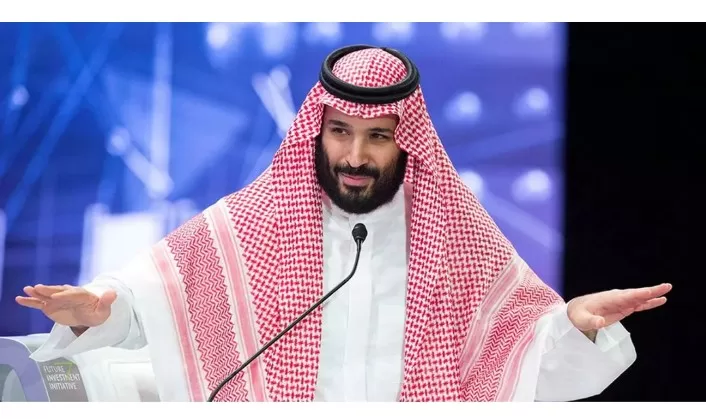In the high-stakes arena of the G20 Summit, delegates find themselves entangled in a new conundrum, one that transcends the ongoing Russia-Ukraine conflict. The pivotal issue at hand: climate change. While some nations clamor for an assertive stance on the climate crisis, Saudi Arabia stands as a formidable obstacle, vehemently resisting any reference to the gradual reduction or elimination of “fossil fuels” within the joint communique.
Over the past three days, G20 Sherpas have convened in Manesar, with discussions now shifting to Delhi in preparation for the leader’s summit. Their objective: to draft a joint communique within the next 48 hours, in anticipation of the forthcoming leader’s declaration.
Until now, the Russia-Ukraine crisis had been the epicenter of discord, dividing the G7 nations from the Russia-China alliance. However, as negotiations reach their climax, the climate change paragraph emerges as an unexpected focal point, instigating intense debates among G20 Sherpas.
This dispute on climate change doesn’t conveniently follow the North-South divide seen in the Russia-Ukraine crisis. Rather, it fractures along a different line: oil-producing nations versus the rest. Notably, Saudi Arabia, a significant oil producer within the G20, is the primary holdout.
While the precise language of the declaration remains under discussion, the Bali declaration had previously advocated for the “phase out and rationalization, over the medium term, of inefficient fossil fuel subsidies that encourage wasteful consumption.” Some developed nations aspire to elevate this commitment within the G20 communique.
Within the negotiation room, a view persists that the intricate facets of the climate crisis ought to be deliberated at the Conference of Parties (COP) meetings, deeming the G20 an unsuitable forum. Nevertheless, this matter has now become a contentious issue within G20 negotiations, with COP28 scheduled for December 2023 in Dubai.
Currently, G20 Sherpas and Sous-sherpas endeavor to finalize all sections of the communique across various sectors, aiming for completion by Friday evening. Nonetheless, substantial negotiations continue to revolve around the Russia-Ukraine conflict, likely extending until the eleventh hour on Sunday morning.
Despite formidable challenges, Indian G20 negotiators remain hopeful, striving for a consensus-based final communique that encompasses all issues, including the Russia-Ukraine conflict and climate change, culminating in a resounding Delhi declaration.







